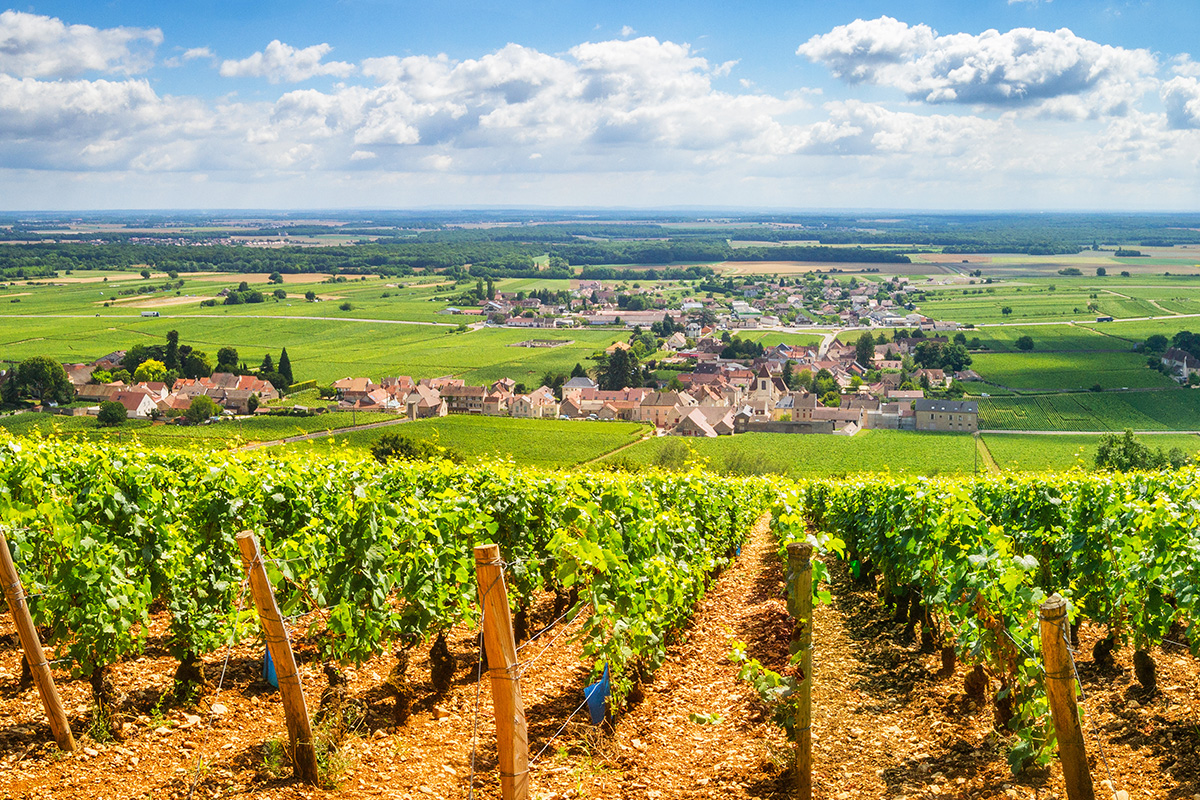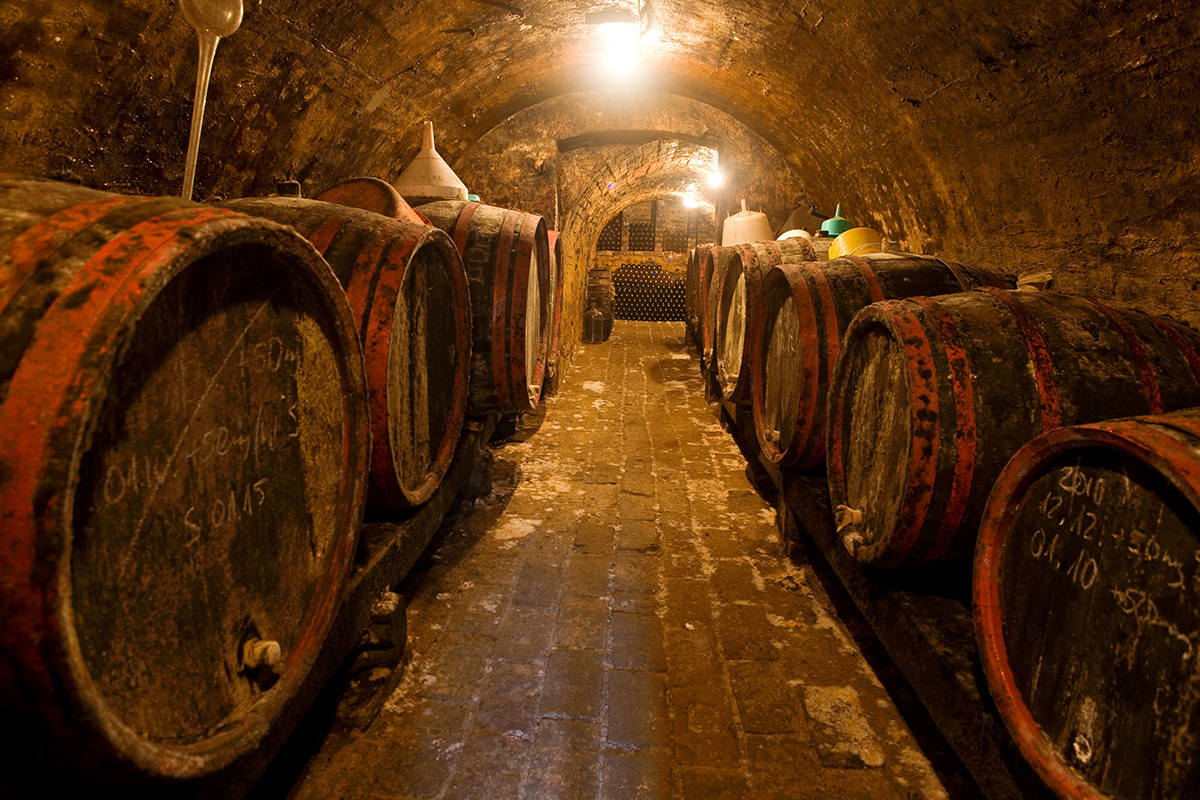View Articles by Category
Off the Hill and Into the Glass: In Praise of Honest Wine

So much of the wine world today is shaped by image—by an almost cinematic vision of what great wine is supposed to be. It’s muscular. It’s oaked. It’s bold, brooding, and sometimes breathtakingly expensive. These wines are often crafted to the winemaker’s idea of what greatness should taste like—structured, dense, long-lived—and yet in that very ambition lies a subtle betrayal of what wine can truly be.
Wine, at its most honest, is not about the winemaker’s ego. It’s not about achieving a particular score, nor chasing trends, nor fitting into a mold forged by glossy magazines or celebrity endorsements. It’s about listening—to the land, to the grape, to the season—and resisting the urge to impose a heavy hand. The purest expression, the wines that truly make your heart sit still for a moment, are often the simplest. They come “off the hill,” almost as if by accident. Unfussy. Unforced. Unmistakably alive.
But as soon as you introduce the conceit of “a label,” everything starts to change.
Because a label isn’t just a piece of paper. It’s a brand. It’s a story carefully crafted to sell, to seduce, to align itself with prestige and power. And for decades now, much of that story has been written with one audience in mind: critics, and more specifically, one of the most influential palates in the modern wine era—Robert Parker.
Now, this isn’t about taking down Parker. He undeniably changed the wine world. But it is about what happens when winemakers start making wine for someone, rather than from somewhere. When scores dictate style, when ripeness is pushed past natural expression, when oak and extraction are cranked to eleven because that’s what sells—that’s when we lose the thread. That’s when wine stops whispering and starts shouting. And wine was never meant to be a shout.
Give me instead the strictest of traditions. Give me winemakers who know their place—not in a hierarchical sense, but in a deeply literal one. Those who live in service to their land. Who embrace the rigid disciplines of appellation law, not as limitation, but as liberation. Who work within the ancient boundaries of vins de terroir and find freedom in their specificity.
Because that’s the thing about true terroir—it’s not something you invent. It’s something you honor.

And there’s a beautiful humility in that. The great Burgundian vigneron doesn’t wake up in the morning and ask, “What kind of wine do I want to make today?” They ask, “What is this vineyard giving me?” Whether it’s a lofty Grand Cru like Chambertin or a more modest village wine from a parcel nobody’s written poetry about, the goal is the same: transparency. Clarity. Fidelity.
That requires restraint. It requires not doing too much. And that’s hard—especially in a culture that prizes intervention, mastery, and control. We’re conditioned to believe that more effort means better results. But in wine, as in jazz, sometimes it’s the notes you don’t play that matter most.
Miles Davis knew that. He understood the power of space, of silence, of allowing something to unfold without crowding it. The great winemakers understand this too. They know when to step in and when to step back. When to guide the fermentation gently, and when to simply let it be. They trust their fruit. They trust their soil. And above all, they trust the idea that the wine already exists—it’s just their job not to ruin it.
And isn’t that a radical idea in today’s world? That greatness might come not from perfection, but from imperfection embraced? From letting a wine be angular, or lean, or nervy, because that’s what the vintage demanded? That maybe a wine doesn’t have to wow you with its density or dazzle you with its opulence, but instead, move you with its honesty?
There’s a quiet revolution in wines like these. They rarely make headlines. They don’t come in heavy bottles or flashy packaging. They’re often poured in small, candle-lit bistros in places like Lyon or Turin, where the food is simple and the company better than the wine—though just barely. These wines hum instead of roar. They tell you about the hillside, the harvest, the hand that picked them.
They are, in short, the wines I want to drink.
Of course, there’s nothing wrong with ambition. Some of the most transcendent wines in the world are made by people who dream big and work even harder. But the best of them are still rooted in place, not fantasy. Their power comes not from how far they stretch the grape, but how faithfully they translate it. The tragedy is that so many wines could be like this—pure, expressive, vital—but they get lost in the noise of modern winemaking. They get masked by oak regimes and marketing strategies, their souls smudged by consultants chasing scores and shelf appeal.
That’s why we need more winemakers willing to step back. To listen. To let the land lead. To accept that sometimes the wine will be difficult, or shy, or not immediately seductive—but that it will be real.
Because at the end of the day, wine should be a conversation, not a lecture. It should invite you in, not impress you from afar. It should evolve in the glass, in your mind, in your memory. It should taste like somewhere, not someone.
So here’s to the wines that come off the hill. The ones without makeup. The ones that smell like crushed thyme, or wet stones, or wild strawberries after rain. The ones that make you sit up, not because they’re loud, but because they’re true. Here’s to the winemakers who know the notes they don’t play. And the vineyards that speak for themselves.
Let’s drink to that.